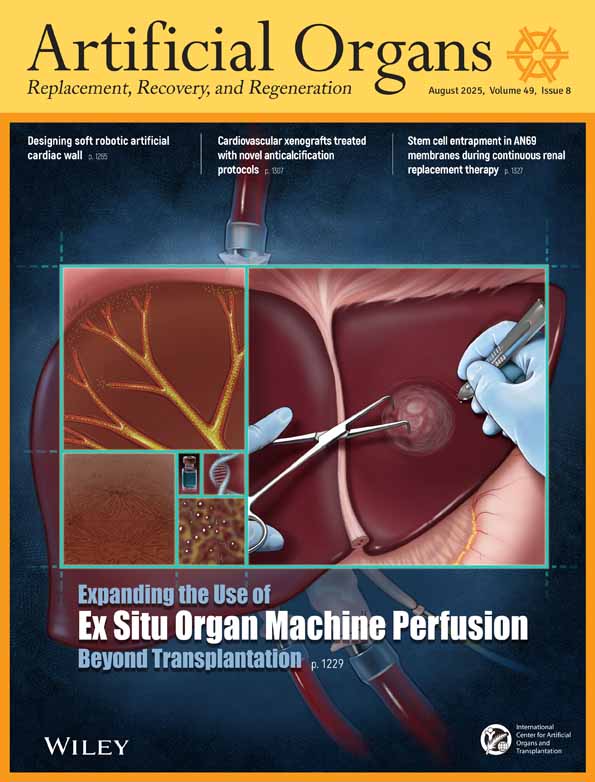Enhanced Responsiveness of Circulatory Neutrophils After Cardiopulmonary Bypass: Increased Aggregability and Superoxide Producing Capacity
Abstract
Abstract: Cardiac surgery with cardiopulmonary bypass (CPB) induces a whole body inflammatory response that sometimes leads to postoperative organ dysfunction, and neutrophil activation plays an important role in this reaction. Neutrophil priming has been described as a change in neutrophil status such that neutrophils show enhanced responsiveness to a second activating stimulus. We hypothesized that neutrophil priming occurs by cardiac surgery with CPB and is temporally related to the neutrophilia after surgery. To evaluate primed circulatory neutrophil status, we measured aggregation activity stimulated by N-formyl-methyl-leucyl-phenyl-alanine (FMLP) and free radical producing activity by tumor necrosing factor (TNF) α in peripheral blood samples. Eleven adult patients undergoing elective cardiac surgery with CPB were studied. Blood samples were taken before surgery, at the end of bypass, 12 h after surgery, and 7 days after surgery. Aggregation activity and superoxide generation were significantly elevated 12 h after sugery when compared to presurgery values, indicating that cardiac surgery is associated with circulatory neutrophil priming. The number of neutrophils markedly increased at the end of cardiopulmonary bypass and reached a peak 12 h after surgery. The circulatory neutrophils of cardiac surgical patients become primed after surgery, coincident with the peak neutrophil count. These results suggest that circulatory neutrophils after cardiac surgery with CPB have enhanced responsiveness and are predisposed to systemic inflammation.




